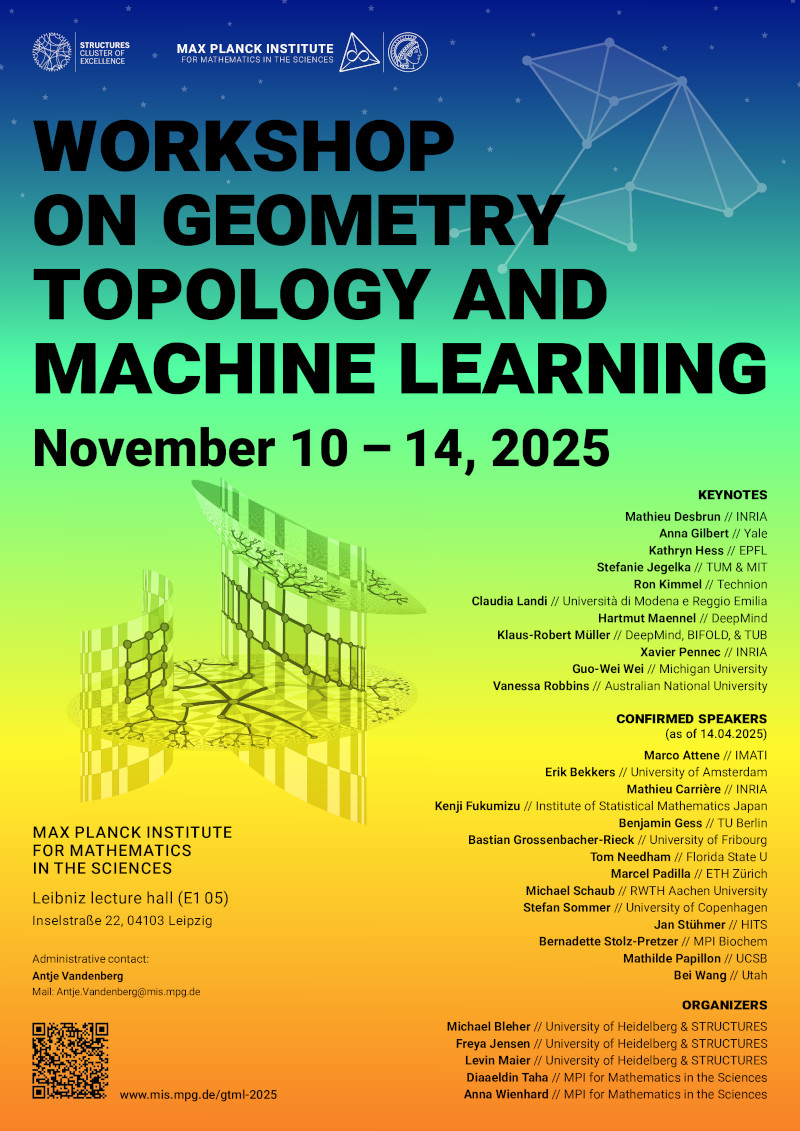Newsroom
Stay informed with our latest news and announcements on this page. For more in-depth content, we also encourage visitors to explore our bimonthly STRUCTURES Newsletter magazine, which features a variety of articles, interviews with members, and background information on our latest research and activities.
Persistent Seminar – a Biweekly Forum on Persistent Homology, Computational Algebraic Topology & Applications (Start: May 14)
We are happy to announce the start of this semester's Persistent Seminar – a biweekly forum on persistent homology, computational algebraic topology and its applications. The new seminar format replaces the previous journal club on Topological Data Analysis. The kick-off session takes place on May 14 with an organizational slot and an inaugural talk by Freya Jensen (Interdisciplinary Center for Scientific Computing, IWR) on “Persistent Spectral Sequences and Where to Find Them.” Anyone is welcome who wishes to exchange about open problems, preprints, new ideas or is just curious about Topological Data Analysis.
Topological Data Analysis (TDA) is a recent development in mathematics and data analysis that offers versatile tools to uncover potentially hidden topological structures in data. The basic idea is using a homology theory – called persistent homology – to unveil and identify structures in data via a notion of its topology. However, interpreting these structures is by no means an easy task, and depends on the specific details of the underlying system. Within STRUCTURES, the EP Mathematics and Data provides a platform across the fields of the natural sciences and mathematics to discuss applications and foundations of TDA and beyond.
Further information:
- Where and When: Mathematikon SR 00.200, Wednesdays 14‑16 h, every other week
- Contact: Freya Jensen (IWR)
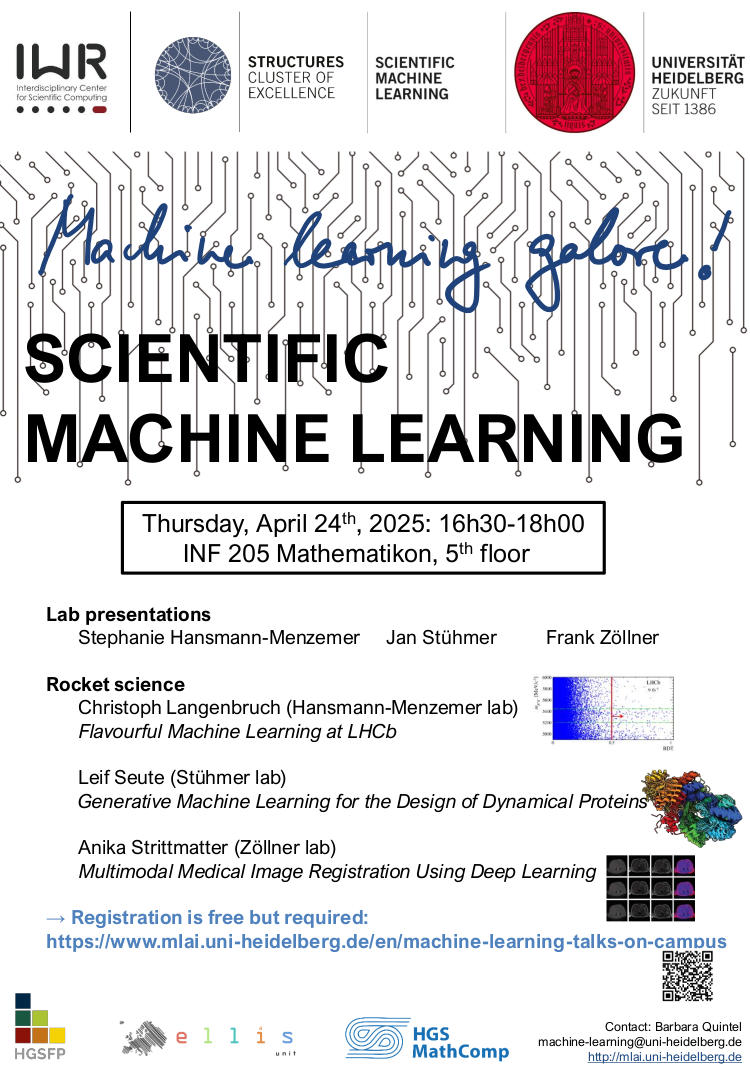
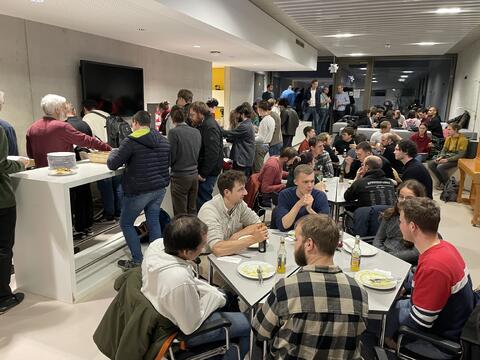
We are delighted to announce the next event in our Machine Learning Galore! series, focusing on Scientific Machine Learning, which will take place on Thursday, April 24, from 4:30 to 6:00 pm at INF 205 Mathematikon (5th floor). The event will feature lab presentations by principal investigators, followed by brief presentations from junior scientists showcasing their latest work. Extended discussions will offer ample opportunity for in-depth exchanges.
In order to participate, please register for free at the ML-AI portal by April 22.
Event Details:
- Lab presentations:
- Stephanie Hansmann-Menzemer
- Jan Stühmer
- Frank Zöllner
- Science Talks:
- Christoph Langenbruch (Hansmann-Menzemer lab): Flavourful Machine Learning at LHCb
- Leif Seute (Stühmer lab) Generative Machine Learning for the Design of Dynamical Proteins
- Anika Strittmatter (Zöllner lab) Multimodal Medical Image Registration Using Deep Learning
About Scientific Machine Learning
Scientific Machine Learning is a collaborative initiative by the Interdisciplinary Center for Scientific Computing (IWR) and the STRUCTURES Cluster of Excellence. Its mission is to foster interaction and exchange within the local machine learning community, and to support its development by consolidating activities and resources that might otherwise remain scattered across individual institutions or disciplines. The initiative aligns closely with the objectives of STRUCTURES, which aims to advance fundamental research, and with IWR’s focus on applying machine learning to address long-standing challenges in the natural and life sciences, engineering, and the humanities.
Further information:
We are pleased to announce the workshop Geometry, Topology and Machine Learning (GTML), jointly organized by the Max Planck Institute for Mathematics in the Sciences and the STRUCTURES Cluster of Excellence. The event, taking place from November 10 to 14, 2025, will bring together two rapidly evolving fields central to modern machine learning. Geometry and topology offer fundamental methods for understanding data structure and provide powerful frameworks for analyzing, unifying, and generalizing machine learning techniques across diverse applications.
The workshop will feature 10 keynote talks and 20 presentations by leading experts. Topics range from mathematical foundations of machine learning to geometric & topological deep learning, as well as multidisciplinary applications of geometry & topology. By merging the previous Workshop on Geometry in Machine Learning (GaML) and the Workshop on Topological Methods in Data Analysis (TMDA), GTML creates a platform to foster collaboration and to explore the synergistic relationship between geometry, topology, and machine learning.
For further details, including an overview of talks and speakers, and to register, please visit:
https://www.mis.mpg.de/events/series/workshop-on-geometry-topology-and-machine-learning-gtml-2025
Applications for lightning talks can be submitted via the registration form by May 31, 2025.
Further information:
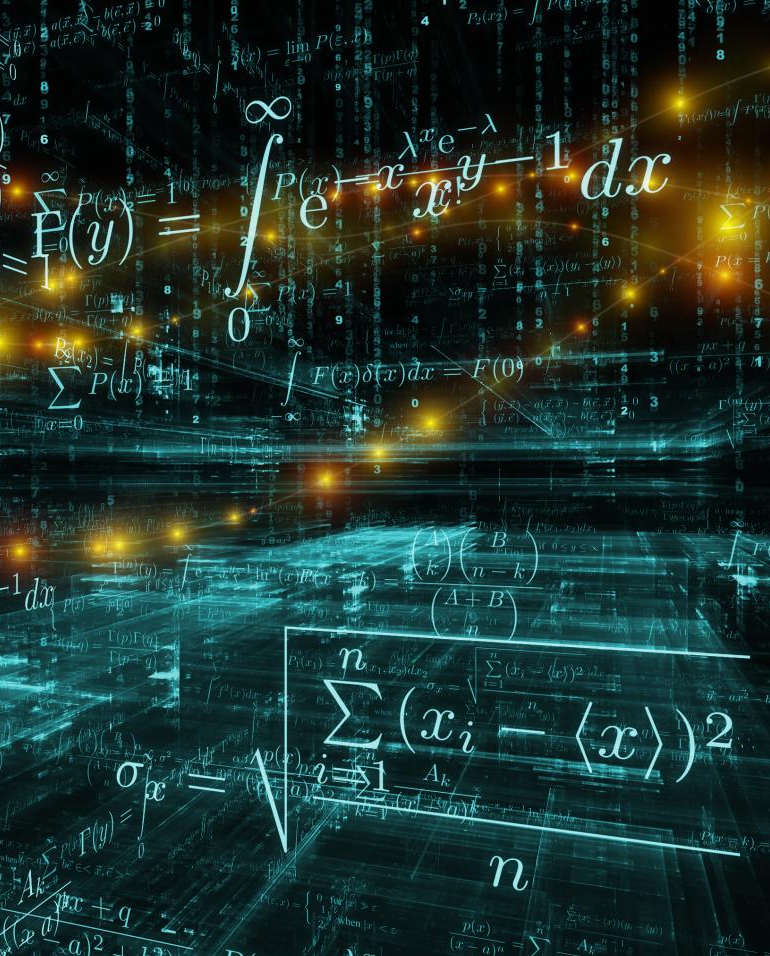
Heidelberg University is set to pioneer a transformative approach to mathematics education with the launch of its new master’s programme, “Mathematics of Machine Learning and Data Science.” Starting in the winter term 2025/2026, the new research-oriented course aims to lay the mathematical and methodological groundwork that will enable future generations of mathematicians to advance the frontiers of machine learning and scientific data analysis. The programme, which is taught in English, is based in the Faculty of Mathematics and Computer Science and coordinated by the Institute for Mathematics in cooperation with the Interdisciplinary Center for Scientific Computing. Prospective students are encouraged to apply by the deadline of 15 May 2025.
“Machine learning and data science are currently revolutionizing the sciences. This equally concerns basic research to better understand established methods, such as the learning-based analysis of data, as well as projects to apply these methods in by now almost all branches of science,” underlines Prof. Dr Christoph Schnörr from the Institute for Mathematics of Heidelberg University. This is where the new four-semester master's programme starts: it imparts an advanced understanding of how pure and applied mathematics intersect to innovatively expand on the methodology of machine learning and scientific data analysis. By integrating core areas such as topology, differential geometry, dynamic systems, statistics, optimization, numerics, and functional analysis, the curriculum creates a robust framework for developing novel methodologies. “Compared to the regular mathematics master’s, this programme is extremely interdisciplinary in approach. We see this, for example, in the lecture series for the first semester, which gives a broad overview of core fields of mathematics,” says Prof. Schnörr.
Students will gain practical experience by working on the implementation and application of theoretical models in a data science lab, and acquire core competences analytical & structural thinking, scientific problem-solving and interdisciplinary collaboration. The option to spend a semester abroad offers valuable opportunities to engage in international teamwork and collaborate with leading researchers worldwide. Additionally, specialization modules extending over the two years will prepare the students for their master’s thesis and equip the graduates for doctoral positions in Germany and abroad, as well as for research-oriented work in industry.
Further information:
STRUCTURES Member Wolfram Pernice Receives Gottfried Wilhelm Leibniz Prize of the German Research Foundation
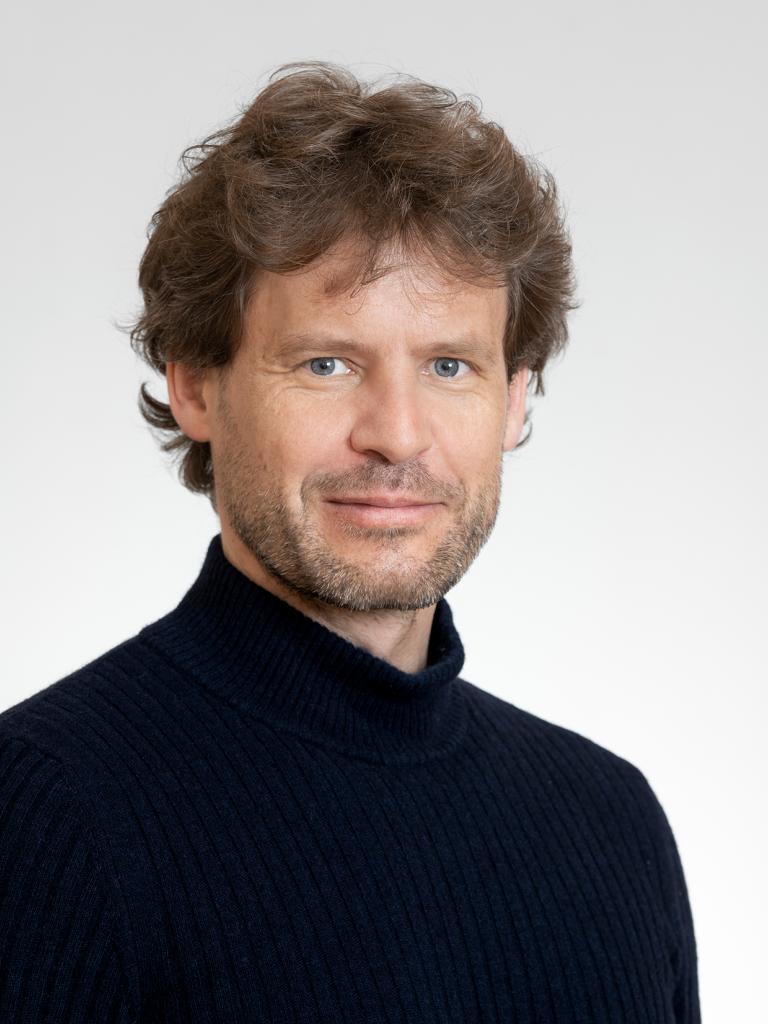 Prof. Wolfram Pernice
Prof. Wolfram PerniceMost important research advancement prize honors the experimental work on integrated photonics by Prof. Wolfram Pernice and his team.
We are proud to announce that our member Wolfram Pernice has been awarded the prestigious Gottfried Wilhelm Leibniz Prize of the German Research Foundation (DFG). The award honours his groundbreaking pioneering work on neuromorphic photonic computing, a transformative field at the intersection of physics, computer science, and engineering.
Prof Wolfram Pernice heads the research group Neuromorphic Quantum Photonics at Kirchhoff Institute for Physics and is part of STRUCTURES' Comprehensive Project CP 5: Quantum Systems and Neural Networks: Computation in Physical Structures. The goal of his research in the field of integrated photonics is to develop new methods for information processing and rapid computation using light. By developing nanoscale chip systems, his research has far-reaching implications for artificial intelligence and quantum technologies. The DFG underlines that his interdisciplinary research crosses traditional boundaries; it impacts on various disciplines – from natural sciences to computer science to engineering sciences. “His research results point the way to innovative, sustainable methods for reducing energy consumption of AI computer hardware and still enabling rapid calculations. Furthermore, he is known worldwide as a pioneer in the field of integrated quantum photonics,” the German Research Foundation adds.
The Gottfried Wilhelm Leibniz Prize – the most important research award in Germany – has been awarded annually by the German Research Foundation since 1986. Up to ten prizes can be awarded each year with prize money of 2.5 million euros each. The awards for 2025 go to four female and six male researchers, including Wolfram Pernice. An award also goes to mathematician Prof. Angkana Rüland, a former member of STRUCTURES who did research on applied mathematics at Heidelberg University from 2020 to 2023. The purpose of the Leibniz Programme, established in 1985, is to honor outstanding scientists, to expand their research opportunities and facilitate employment of particularly qualified early-career researchers. The award ceremony takes place on 19 March 2025 in Berlin.
Further information:
Heidelberg Researchers to Explore Universe’s Mysteries: GeoGrav’s Model-Independent Approach to Cosmology Funded by DFG
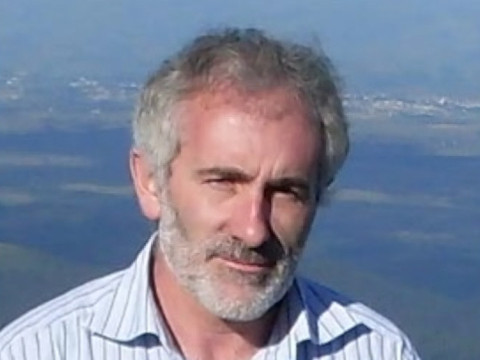
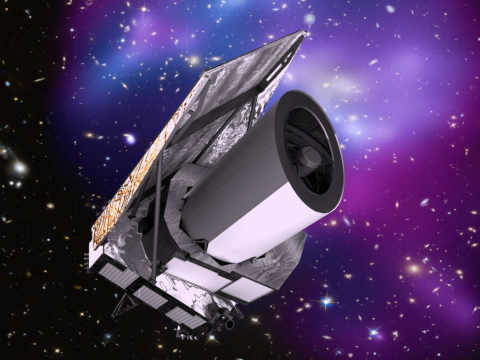
For his research project “Cosmological Geometry and Gravity with Non-linear Physics (GeoGrav),” the German Research Foundation (DFG) has granted Prof. Luca Amendola, professor of physics at the Institute for Theoretical Physics (ITP) in Heidelberg, 340,000 euros for three years. GeoGrav will investigate fundamental questions about the universe’s geometry and gravity.
Cosmology has seen a tremendous development in recent years, driven by high-quality data from the cosmic microwave background, large-scale structure, and distance indicators. Nevertheless, several fundamental questions about our Universe are still open: What are the properties of dark energy? Is the Universe spatially flat? Is gravity Einsteinian at all scales and epochs? Often these questions are addressed within restricted classes of models, e.g. simple extensions of ΛCDM with inflationary initial conditions. In this case, the results will unavoidably depend on the model assumption. In a recent series of papers, Luca Amendola and colleagues have shown how to reach accurate and precise cosmological conclusions regardless of assumptions about the evolution of the background, the initial conditions, the linear perturbations, and the bias functions. To achieve this, they combined non-linear correlators with distance indicators (supernovae Ia or standard sirens) as additional tracers of large-scale structure. Their new project aims at the next logical step: applying this methodology to the real data that will soon be provided by Euclid and other surveys. The ultimate goal of GeoGrav is to measure geometry and gravity at cosmological scales in a way that is both precise (high statistical significance) and accurate (weakly dependent on cosmological assumptions).
Luca Amendola is professor of physics at the Institute for Theoretical Physics in Heidelberg, Germany. His area of research is Cosmology and Astrophysics, with a particular focus on topics related to Dark Energy, Large Scale Structure, Cosmic Microwave Background and Statistics. He is a member of the Euclid collaboration and joined the STRUCTURES Cluster of Excellence in 2024.
Further information:
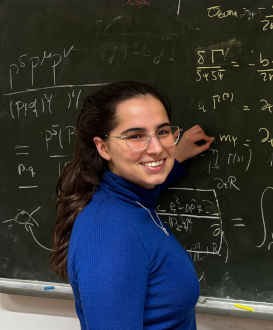
Since 2018, the German Physical Society’s (DPG) working group on equal opportunities has been at the forefront of the “Physikerin der Woche” initiative, which features an inspiring female physicist and her research area every week. The initiative, showcased on the DPG website as well as on the “Physikerinnen” and “DPG” social media channels, highlights both physicists based in Germany and German scientists working abroad. By presenting diverse career paths and achievements, it challenges traditional gender stereotypes, promotes a more inclusive image of physics, and reinforces that a career in this field is accessible and promising for women at every stage.
We are delighted to announce that this week's featured physicist is Friederike Ihssen, a postdoctoral researcher at the Institute for Theoretical Physics in Heidelberg within the STRUCTURES Cluster of Excellence. Her research focuses on the description of emergent macroscopic phenomena and phase transitions in quantum field theory, such as the process of dynamical chiral symmetry breaking in the theory of strong interactions, which is known to generate over 99% of mass in nucleons.
'The whole is greater than the sum of the parts' certainly holds true in strongly correlated systems: Here, microscopic constituents, for example quarks, form macroscopic structures, such as pions and nucleons, whose properties are not only defined by the quantum numbers of its parts, but also by fluctuation physics. These systems are often not accessible using standard perturbative calculations. In her work, Friederike develops the conceptional mathematical and numerical tools to perform non-perturbative calculations in quantum field theory. Her focus lies in particular on the functional renormalization group, which allows to quantify the behaviour of theories with changing scales.
Further information:
